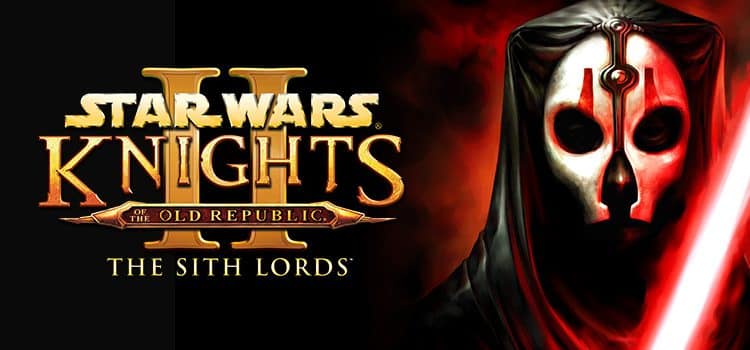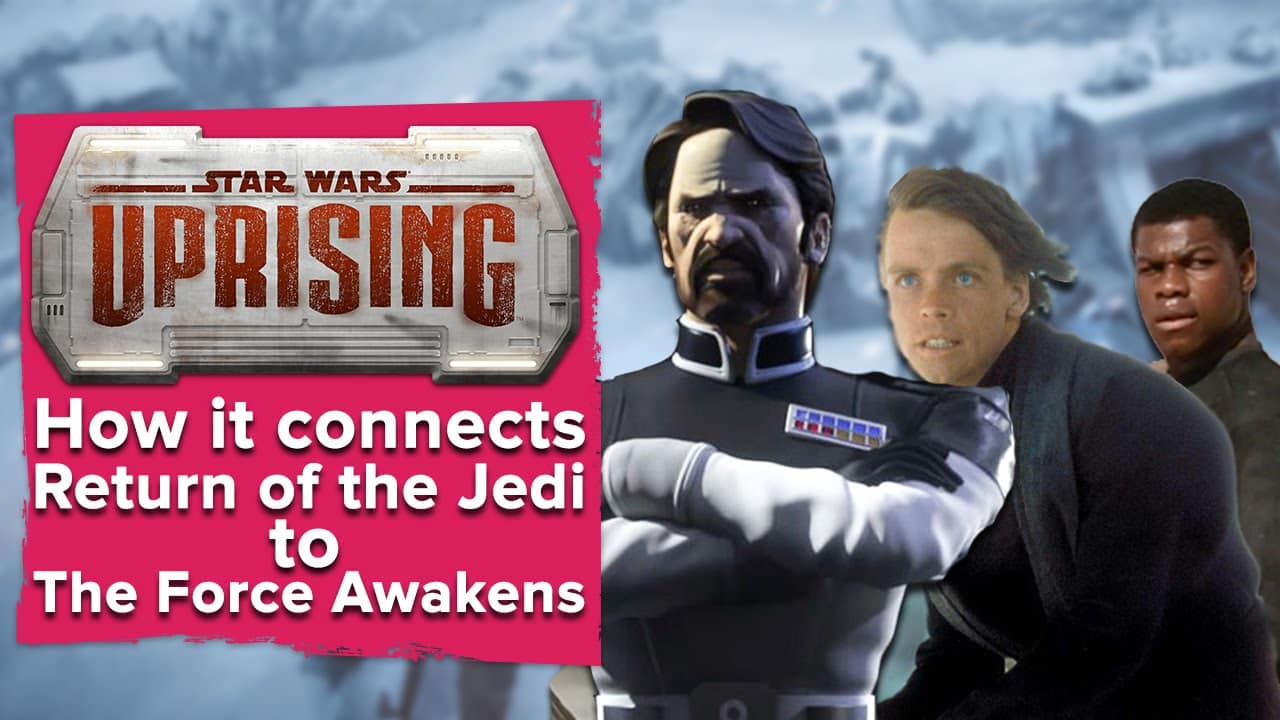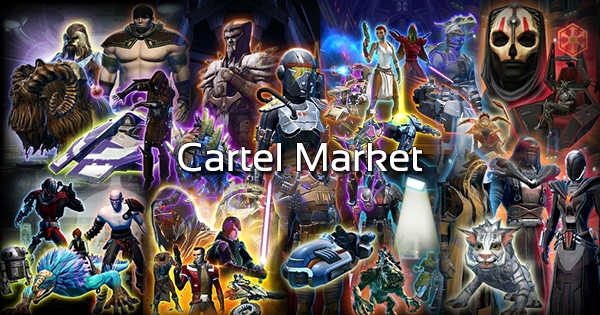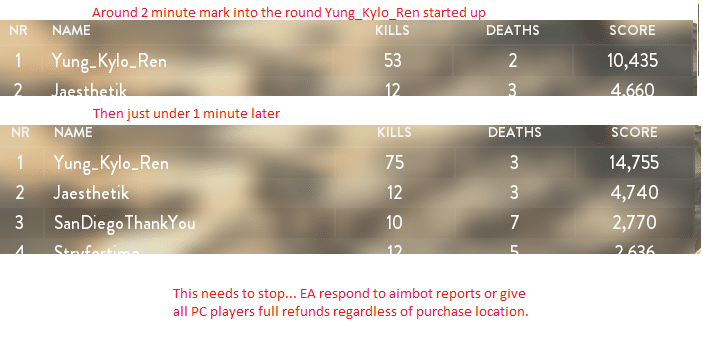In the dynamic world of gaming, where anticipation builds over months or even years, the recent legal dispute involving the Star Wars: Knights of the Old Republic 2 (KOTOR 2) DLC cancellation has sent ripples through the community. This incident not only highlights the challenges faced by developers and publishers but also underscores the passionate commitment of the gaming community.
The Build-Up
The gaming world thrives on anticipation. Teasers, trailers, and announcements fuel this anticipation, creating a buzz that can last for months. When KOTOR 2 was announced for the Nintendo Switch, it wasn’t just another game being ported to a new platform. It represented the revival of a classic, with promises of enhanced visuals, improved frame rates, and resolutions that would make it superior to the 2004 original. The crescendo of this excitement was the “Restored Content DLC” announcement, which promised to bring to life segments of the game that had previously been shelved.
The Heart of the Matter
The abrupt cancellation of the DLC in June by Aspyr Media was a curveball that many fans didn’t see coming. The gaming community, known for its passion and commitment, felt a sense of betrayal. This wasn’t just about a DLC; it was about a promise that was made and then broken. The subsequent class-action lawsuit, led by Malachi Mickelonis, is a testament to the depth of this sentiment.
The Broader Implications
While this lawsuit focuses on a specific game and its DLC, it brings to the forefront a larger issue in the gaming industry: the gap between promises and delivery. Over the years, several games have faced delays, changes, or outright cancellations. While developers and publishers often have valid reasons for these decisions, from technical challenges to financial constraints, the communication and handling of such situations become crucial.
The KOTOR 2 incident serves as a case study for the industry. It emphasizes the importance of transparent communication between game developers/publishers and their audience. In an era where social media amplifies every decision, managing expectations and delivering on promises have never been more critical.
The Industry’s Response
The gaming industry is no stranger to controversies. From debates over loot boxes to concerns about game addiction, the industry has faced its share of challenges. However, it has also shown resilience and adaptability. The response of Aspyr and Saber Interactive to this lawsuit will be keenly watched by other players in the industry. Their actions could set a precedent for how such issues are handled in the future.
Moreover, this incident could lead to a broader discussion within the industry about setting and managing player expectations. Game developers and publishers might need to re-evaluate how they announce and promote content, ensuring that they can deliver on their promises.
The Gaming Community: A Force to Reckon With
At the heart of this entire episode is the gaming community. Their passion, commitment, and vocal advocacy for their interests are what drive the industry forward. The KOTOR 2 lawsuit is a reminder to the industry that the community is not just a passive consumer base. They are active stakeholders who demand accountability.
The rise of platforms like Twitter, Reddit, and various gaming forums has given gamers a voice and a platform to express their views. This collective voice can celebrate successes, critique failures, and, as seen in this case, demand accountability.
Looking Ahead
As the legal proceedings unfold, the outcome of this lawsuit will have implications beyond just KOTOR 2. It will be a reference point for future interactions between game developers, publishers, and their audience.
In conclusion, the KOTOR 2 DLC cancellation and the subsequent lawsuit highlight the intricate dance between promise and delivery in the gaming world. As technology evolves and the gaming landscape shifts, one thing remains constant: the passionate bond between games and gamers. This bond is built on trust, and as this incident shows, trust, once broken, is hard to rebuild. The industry would do well to remember this as it charts its path forward.
FAQ: Lawsuit Over Canceled Star Wars: Knights of the Old Republic 2 DLC for Switch
- What is the main issue discussed in the article?
- The article discusses a class-action lawsuit filed against developer Aspyr and publisher Saber Interactive due to the cancellation of the “Restored Content DLC” for Star Wars: Knights of the Old Republic 2 on the Nintendo Switch.
- Why was the DLC for KOTOR 2 so anticipated?
- The DLC, known as the “Restored Content DLC,” promised to introduce previously unreleased segments of the game that had initially been designed as a fan-made PC mod.
- Who filed the lawsuit and why?
- The lawsuit was filed by Malachi Mickelonis. It alleges that the companies falsely advertised the inclusion of the “Restored Content DLC” for Nintendo Switch users but failed to deliver on this promise and refused to issue refunds.
- How did Aspyr and Saber Interactive respond to the cancellation backlash?
- As compensation for the cancellation, they offered a free replacement game key for a single Star Wars title, either on Steam or Switch, allowing players to access the fan-made “Restored Content” mod.
- What broader issues does the article touch upon?
- The article delves into the challenges faced by developers and publishers in managing expectations and delivering on promises. It also highlights the importance of transparent communication between game companies and their audience.
- How has the gaming community reacted to such situations in the past?
- The gaming community is known for its passion and commitment. They demand accountability and have, in various instances, used platforms like social media to express their views, both positive and negative.
- What implications might this lawsuit have for the gaming industry?
- The lawsuit could set a precedent for how such issues are handled in the future. It might lead to a broader discussion within the industry about setting and managing player expectations.
- When is the deadline for Aspyr and Saber Interactive to respond to the lawsuit?
- They have until October 4 to respond to the allegations made in the lawsuit.
- What is the significance of the KOTOR 2 incident for the gaming industry?
- It serves as a case study emphasizing the importance of transparent communication and managing expectations. It also underscores the passionate commitment of the gaming community and their demand for accountability.
- Where can I find more information about the lawsuit and its proceedings?
- The article sources information from a news piece on MyNintendoNews. For detailed legal proceedings and updates, one might need to refer to legal databases or official court documentation.







